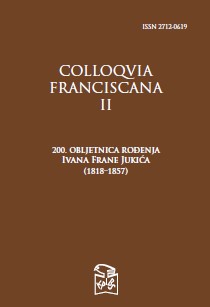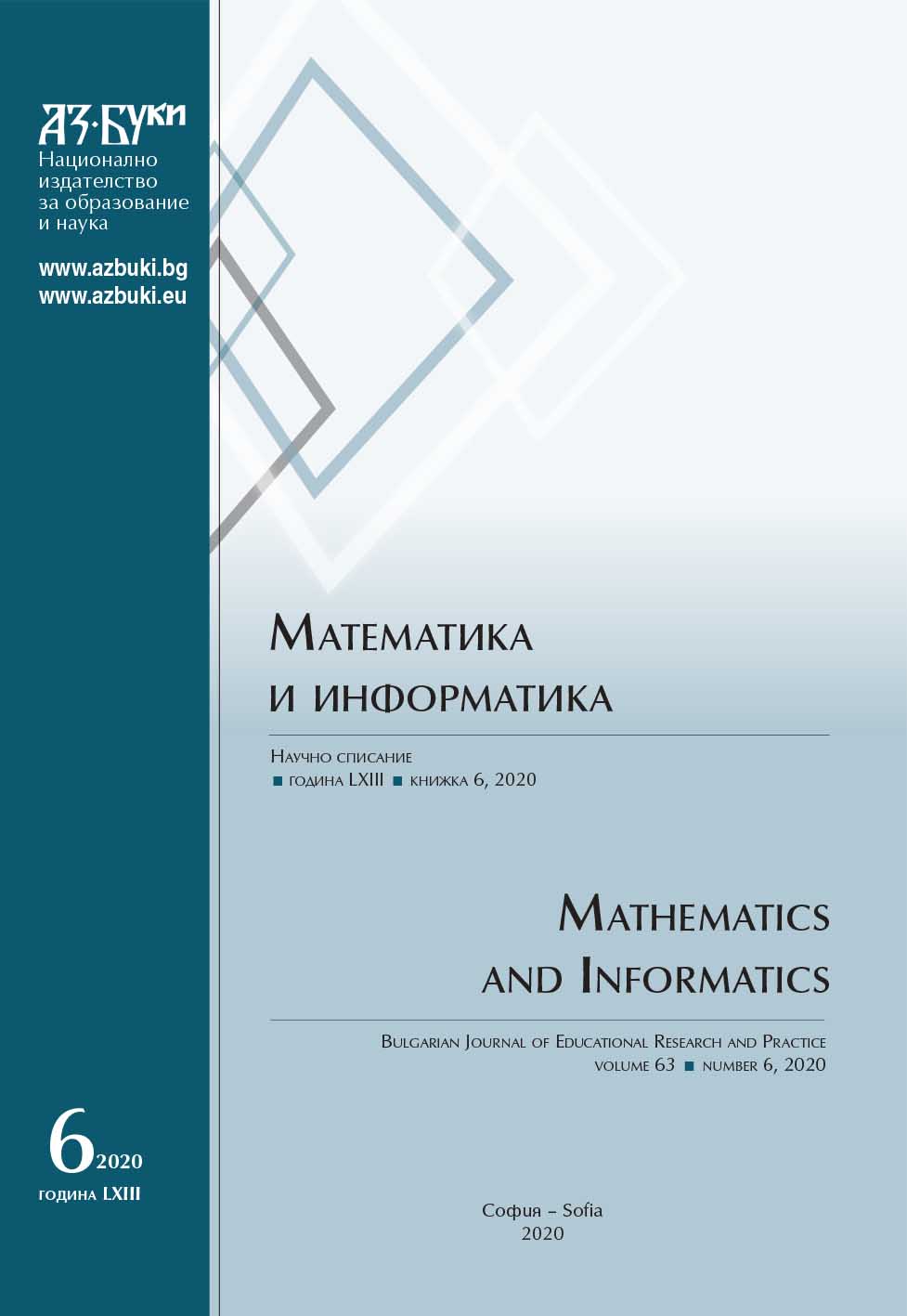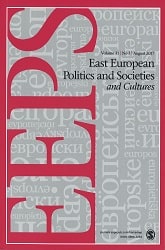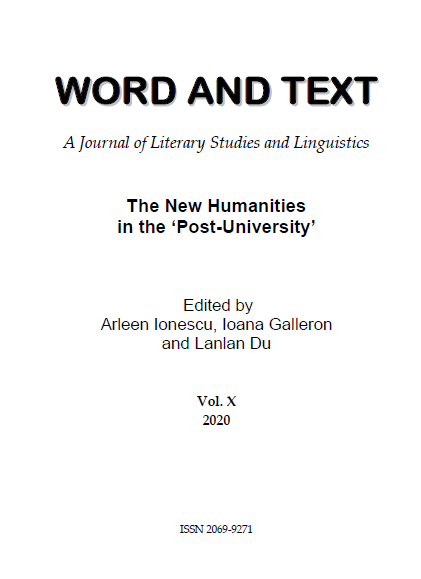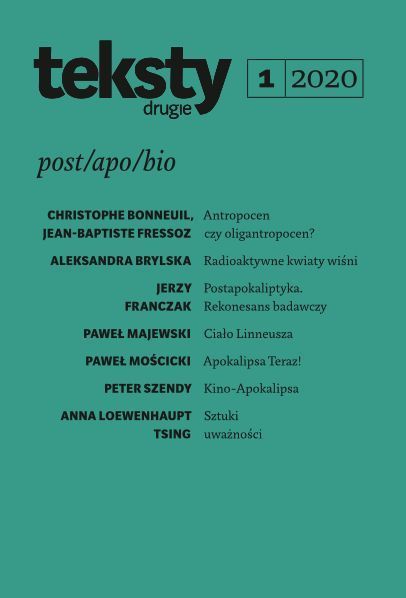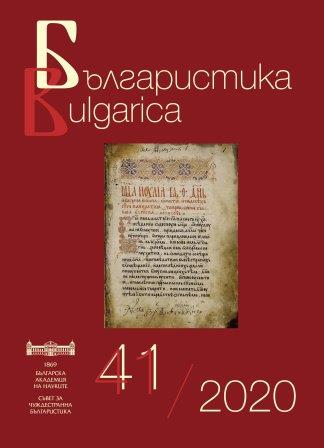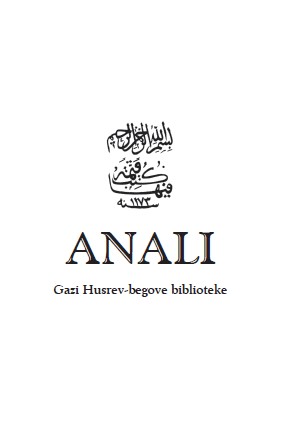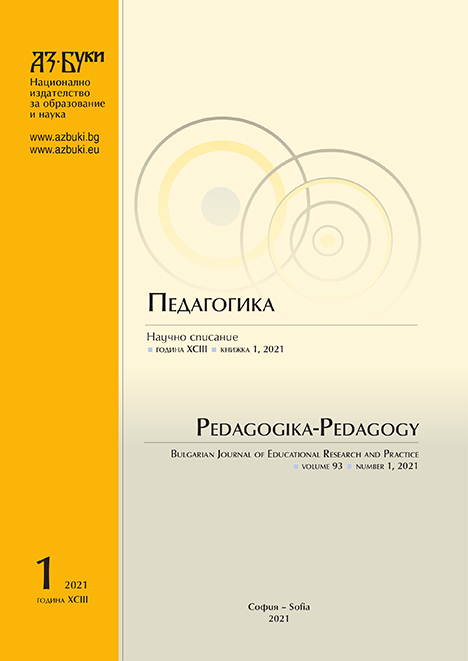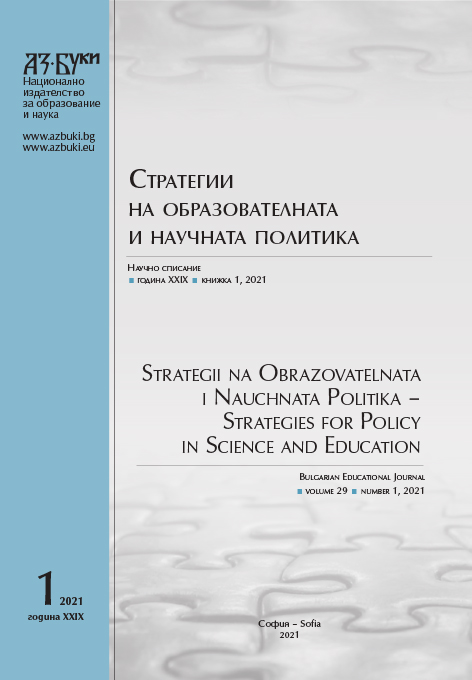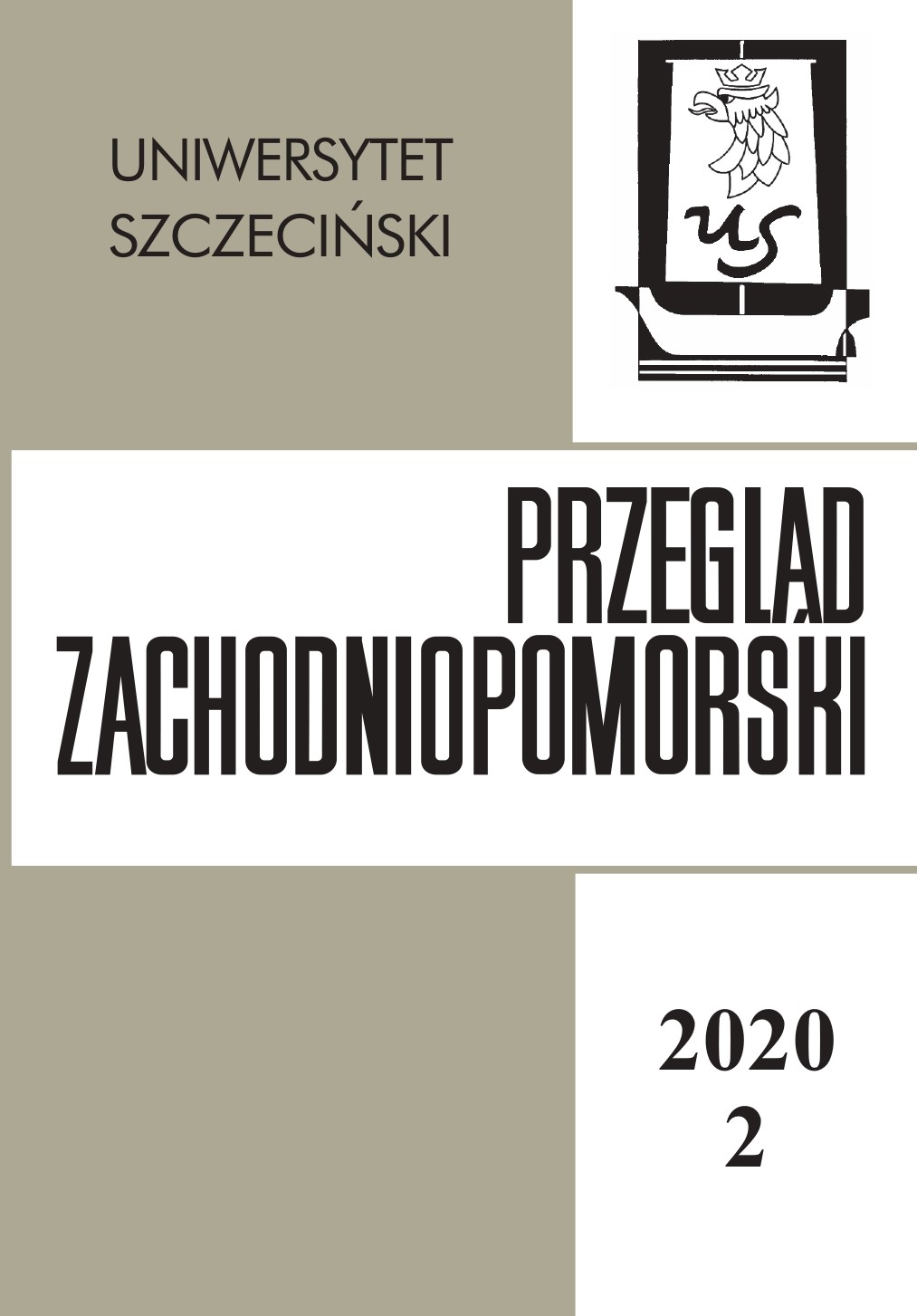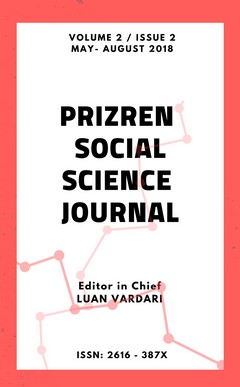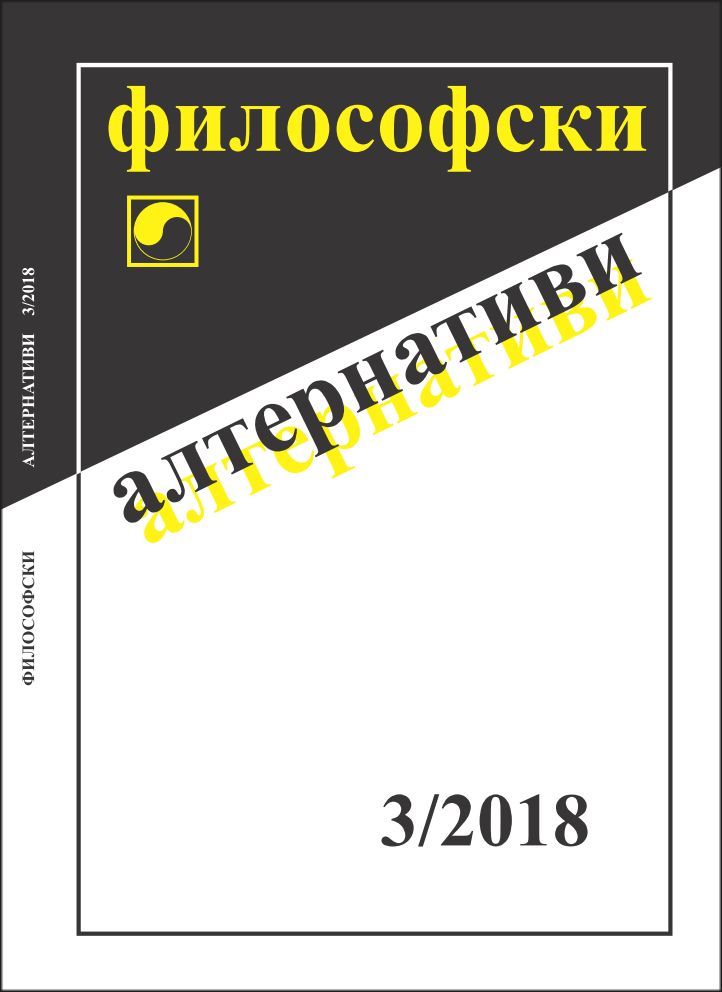
Васил Хаджистоянов-Берон и българският образователен идеал
This essay attempts to present Vasil Hadjistoyanov-Beron’s views on education in the context of the Bulgarian national revival. Vasil Beron (1804–1909) was a nephew of Petar Beron, the greatest Bulgarian scientist of his time; unlike his uncle, he was closely associated with the Bulgarian enlightenment. Vasil Beron was very much concerned with the balance between natural sciences and the humanities as components of the education of Bulgarians in the second half of the 19th century. As a doctor of medicine and author of works in the field of history of sciences, he insisted that philology, logic, psychology, theology, history, etc., should be taught in Bulgarian schools. The article draws a parallel between his views on the educational system in Bulgaria and public debates on the same topic that went on in the interwar period.
More...
